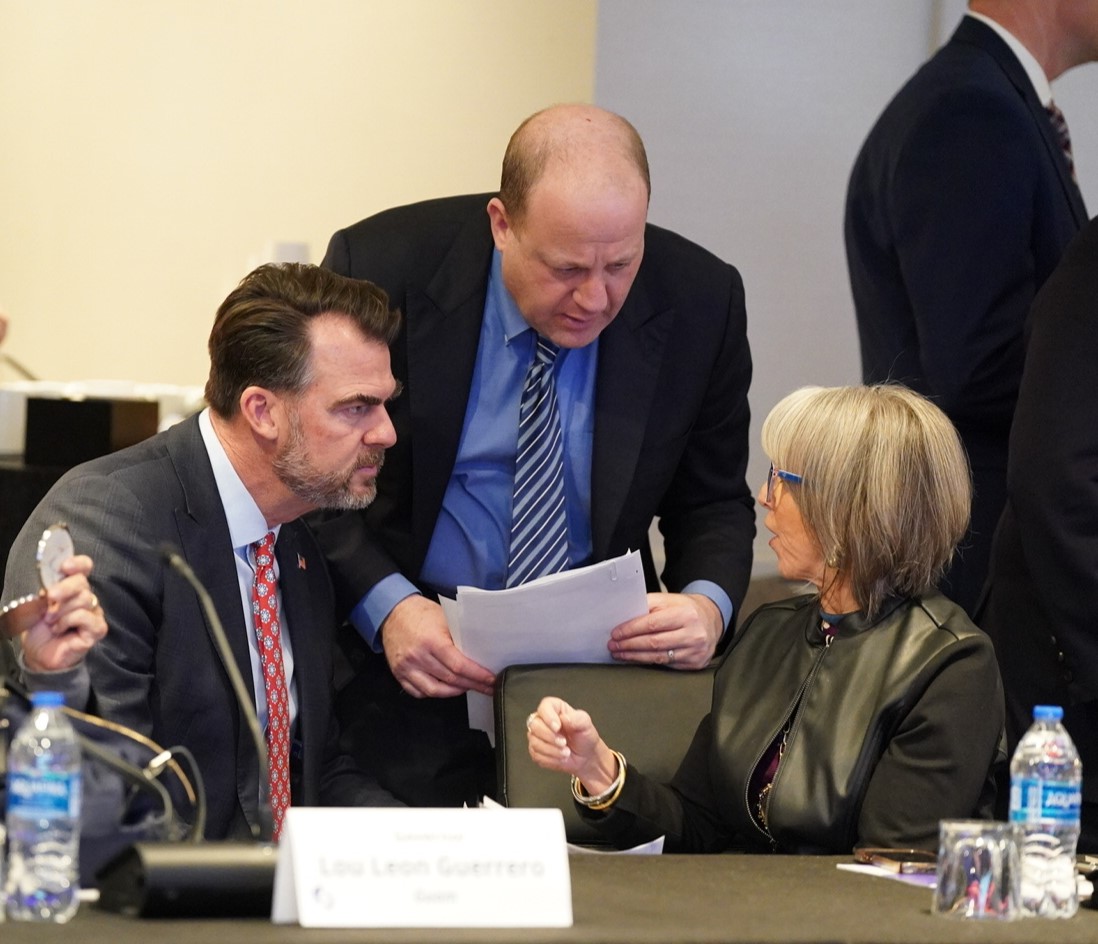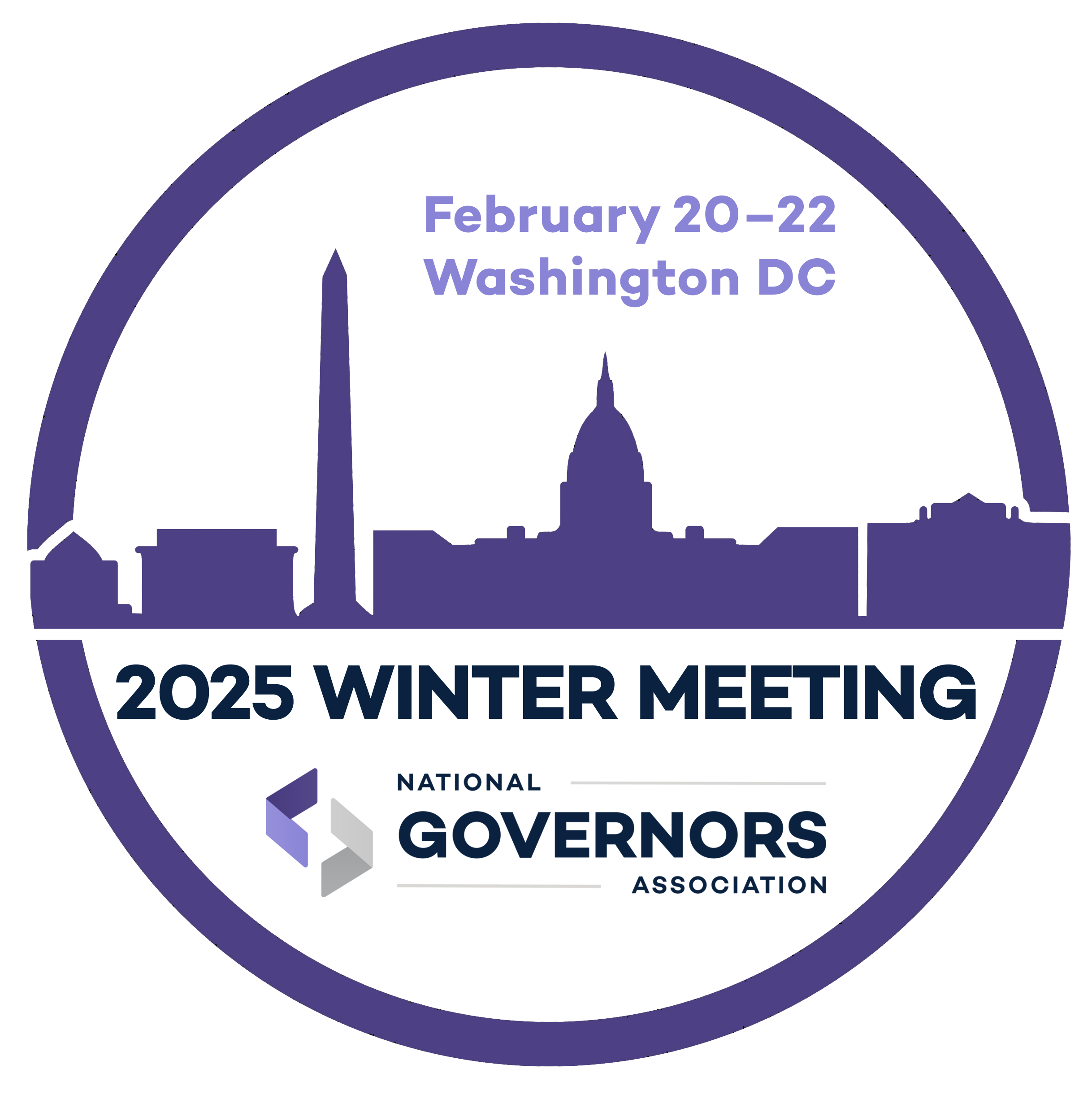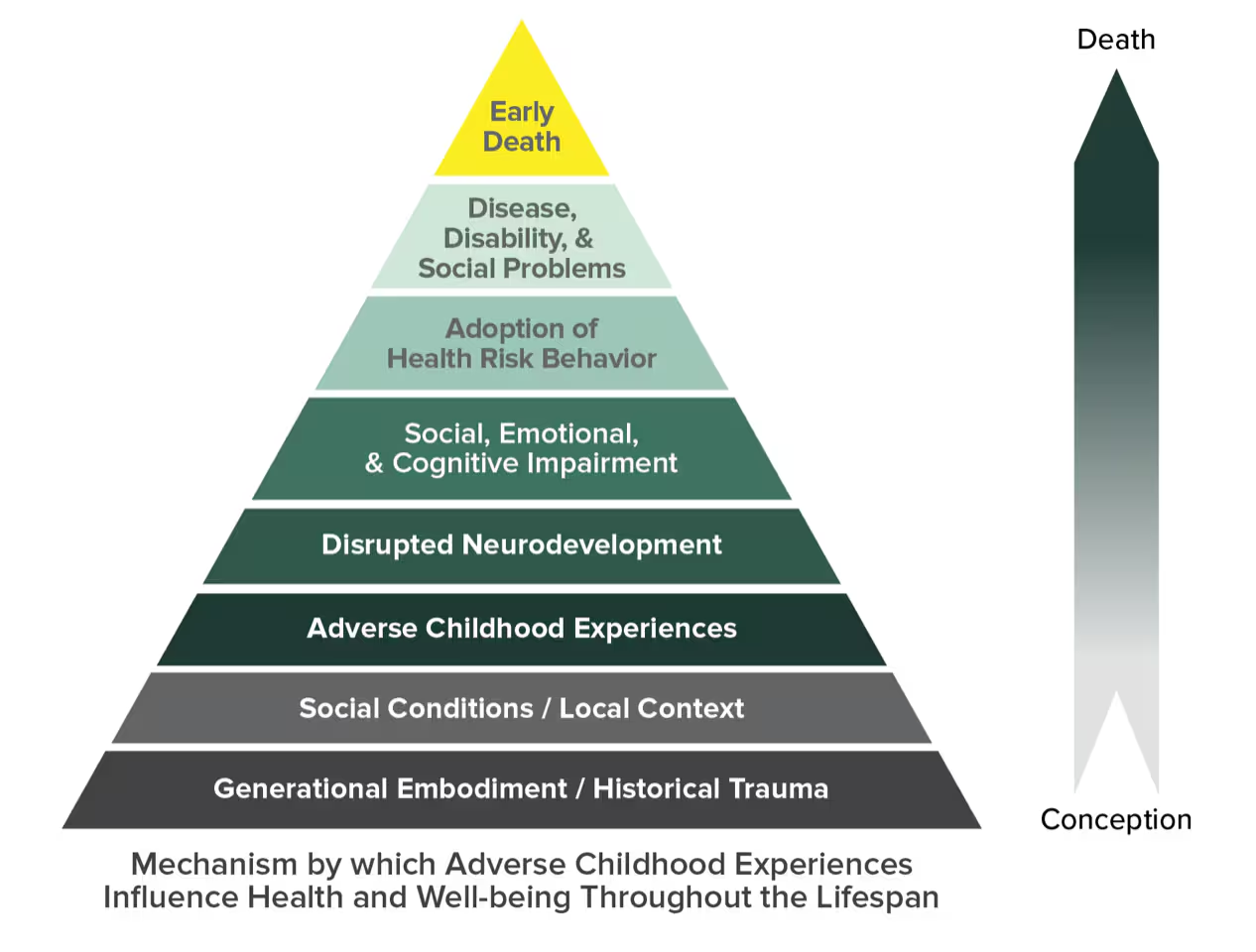This page lists select actions through 31 July 2020 as Governors responded to the novel coronavirus. It is not intended to be exhaustive but is meant to highlight key actions and resources that may inform other states and territories. A full archive of NGA COVID-19 related material can be found here.
- Nevada coronavirus resource page.
- March 5, 2020—In coordination with the Nevada Department of Business and Industry’s Division of Insurance, Governor Sisolak announced the adoption of an emergency regulation to ensure Nevadans covered by health insurance policies regulated by the DOI are able to obtain medical services and prescriptions related to COVID-19 at their normal costs, despite disruptions caused by the spread of the virus. The emergency regulation prohibits a health insurer from imposing an out-of-pocket cost for a provider office, urgent care center, or emergency room visit when the purpose of the visit is testing for COVID-19. Additionally, the regulation prohibits insurers from charging Nevadans for the COVID-19 test itself or an immunization as one becomes available and further requires coverage for off-formulary prescription drugs if a formulary drug is not available for treatment. Lastly, the regulation requires health insurers to provide information on available benefits, options for medical advice and treatment through telehealth, and preventative measures related to COVID-19.
- March 12, 2020—Governor Sisolak declared a state of emergency.
- March 15, 2020 – The Governor closed all public elementary and secondary education schools through April 6.
- March 17, 2020 – The Governor announced risk mitigation measures happening across the state, such as requiring restaurants and bars to offer non-dine in options to customers. Additionally, he announced that the Department of Agriculture has set up more than 70 sites across the state to provide free meals to children impacted by school closures.
- March 18, 2020 – The Nevada Health Response Center released their Risk Mitigation Initiative. Additionally, the Department of Business and Industry posted guidance on construction, mining, and manufacturing industries.
- March 18, 2020 – The Governor announced that the state is one of the first to receive statewide approval from the Small Business Administration for low-interest federal loans.
- March 18, 2020 – The Governor waived the one-week waiting requirement for accessing unemployment insurance.
- March 19, 2020 – In response to the Governor’s emergency declaration on March 12, the state’s health insurance exchange announced a limited-time Exceptional Circumstances Special Enrollment Period for residents who missed the open enrollment period.
- March 23, 2020 – The Governor announced that sixteen of Nevada’s seventeen school districts and all of Nevada’s charter schools that submitted plans to the Nevada Department of Education are approved to continue or start distance education.
- March 24, 2020 – The Governor signed a directive limiting mass gathering to ten or less individuals (minus family members) in any indoor or outdoor public area.
- March 25, 2020 – The Governor signed an emergency regulation which limits the use of two anti-malaria drugs to treat coronavirus patient. The Governor noted that this regulation does not apply to doctors who order the drugs for COVID treatment in an inpatient setting.
- March 30, 2020 – The Governor announced that, effective immediately, the Division of Emergency Management and Department of Health and Human Services will be temporarily aligned with the Office of the Military for the duration of the public health crisis to ensure that the entirety of Nevada’s State Government is utilized effectively and efficiently in response to this unprecedented emergency situation.
- March 31, 2020 – The Governor submitted a formal request to the President for a Major Disaster Declaration, which includes requests for Public Assistance funding and the full suite of Individual Assistance programs including, such as Disaster Unemployment Assistance, Disaster Legal Services, Crisis Counseling and Training Programs, and Mass Care and Emergency Assistance.
- April 7, 2020- The Centers for Medicare & Medicaid Services (CMS) approved Nevada’s request for a Section 1135 Medicaid waiver. The approved waiver enables Nevada to provide flexibilities in Medicaid provider screening and enrollment, forgo certain pre-admission screening and annual resident review assessments, lift prior authorization requirements, allow for reimbursement facility services in alternative settings, extend state fair hearing timelines, and waive public comment and tribal consultation requirements for certain changes to the Medicaid state plan.
- April 10, 2020 – The Governor and Department of Employment, Training and Rehabilitation announced the selection of a vendor to provide at least 100 full-time operators to boost unemployment insurance call center capacity during a period of unprecedented demand.
- May 18, 2020 – The Governor announced the appointment of a COVID-19 Response Director to coordinate resources and enhance collaboration across multiple state, local and federal entities.
- May 26, 2020 – The Governor announced that Nevada is ready to move into Phase 2 of the state’s Nevada United: Roadmap to Recovery reopening plan on Friday, May 29.
- June 24, 2020 – The Governor signed a directive requiring for residents and visitors to wear a face mask or covering when in public spaces.
- June 29, 2020 – The Governor announced that Nevada will remain in Phase 2 of the Nevada United: Roadmap to Recovery plan.
- July 6, 2020 – The Governor released the Nevada COVID-19 Fiscal Report and details about the Fiscal Year 2021 budget.
- July 10, 2020 – The Governor announced that bars in certain Nevada counties must close as of July 10 to help stem the spread of COVID-19.
- July 19, 2020 – The Governor announced $50 million in CARES Act funding will go to the Nevada Department of Education for a new education grant program that will help students most impacted by the loss of in-person instruction.
- July 27, 2020 – The Governor announced the State will transition to a long-term mitigation strategy for the state of Nevada, which will help the state achieve two important goals: providing predictability for businesses, local governments and individuals.













